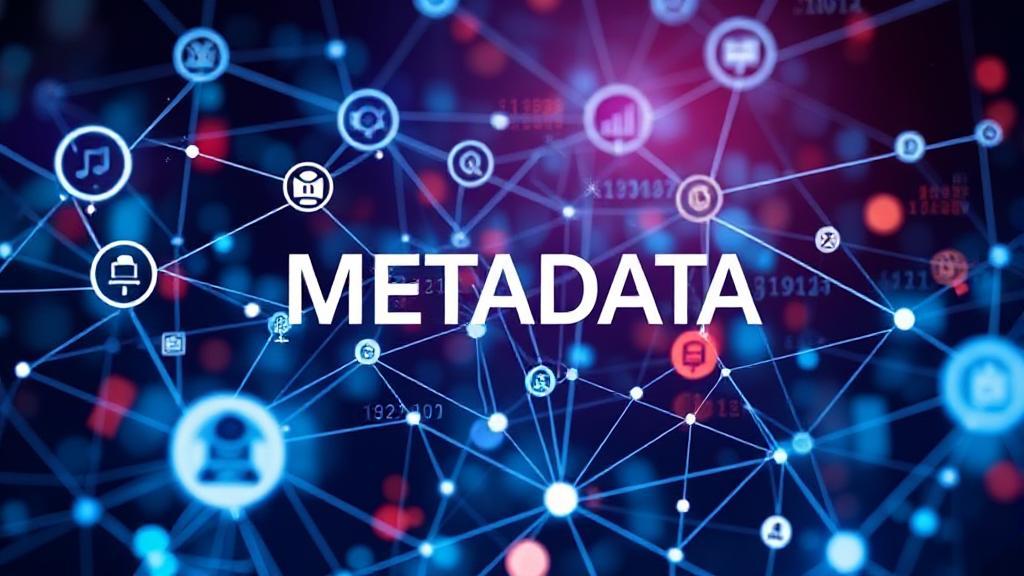Understanding Metadata: The Data About Data 📊
What is Metadata?
Metadata is often described as "data about data." It provides essential information about other data, helping to organize, find, and understand digital assets. Think of it like a library card catalog that tells you where to find a book and provides key details about its contents.
Types of Metadata 🏷️
Descriptive Metadata
This type includes information for discovery and identification:
- Title
- Author
- Creation date
- Keywords
- Description
- Subject matter
Structural Metadata
Explains how compound objects are organized:
- Page order in books
- Sequence of datasets
- Relationship between files
- How different components relate to each other
Administrative Metadata
Includes technical information and management details:
- File type and size
- Creation date
- Access permissions
- Copyright status
- Storage locations
Technical Metadata
Focuses on technical aspects like:
- File format
- Compression algorithms
Why is Metadata Important? 💡
1. Improved Data Discovery and Retrieval
Metadata makes it easier to locate and retrieve data by:
- Quickly locating specific documents
- Filtering search results effectively
- Finding related content easily
- Providing descriptive information for search algorithms
2. Enhanced Data Management and Organization
With metadata, organizations can:
- Create logical hierarchies
- Establish relationships between assets
- Enable efficient categorization
- Support version control
- Ensure consistency
- Maintain data integrity
3. Data Security and Privacy
Metadata helps in:
Ensuring compliance with data protection regulations and maintaining proper data governance frameworks
4. Data Preservation
Metadata plays a critical role in:
- Long-term preservation of digital resources
- Providing context for future access
- Ensuring data remains usable as technologies evolve
Real-World Applications 🔧
Digital Asset Management and Libraries
- Track digital assets throughout their lifecycle
- Manage access rights
- Monitor usage and modifications
- Catalog and organize books, documents, and resources
- Maintain version history
SEO and Web Development
- Meta tags help search engines understand page content
- Determines relevance to search queries
- Displays rich snippets in search results
- Improves overall SEO
Scientific Research
Content Management Systems
- Manages and delivers content on websites
- Improves user experience
- Enhances search functionality
- Facilitates content organization
Best Practices for Metadata Management ⚙️
Standards and Consistency
- Follow industry-standard metadata schemas like:
- Dublin Core
- Schema.org
- PREMIS
- Maintain consistent naming conventions
- Use standardized formats
Quality Control
- Conduct periodic reviews
- Update obsolete information
- Remove redundant entries
- Add new relevant data
- Ensure accuracy and completeness
The Future of Metadata 🚀
As digital ecosystems become more complex, emerging trends include:
AI and Machine Learning
- Automated metadata generation and enhancement
- Improved data interpretation
- Enhanced metadata quality
Semantic Web
- Enhanced interconnectivity through linked data
- Better semantic relationships
- Improved data discovery
Real-time Analytics
- Dynamic metadata generation
- Improved decision-making
- Better data insights
For more in-depth information on metadata, explore resources like the Library of Congress or the World Wide Web Consortium (W3C).
